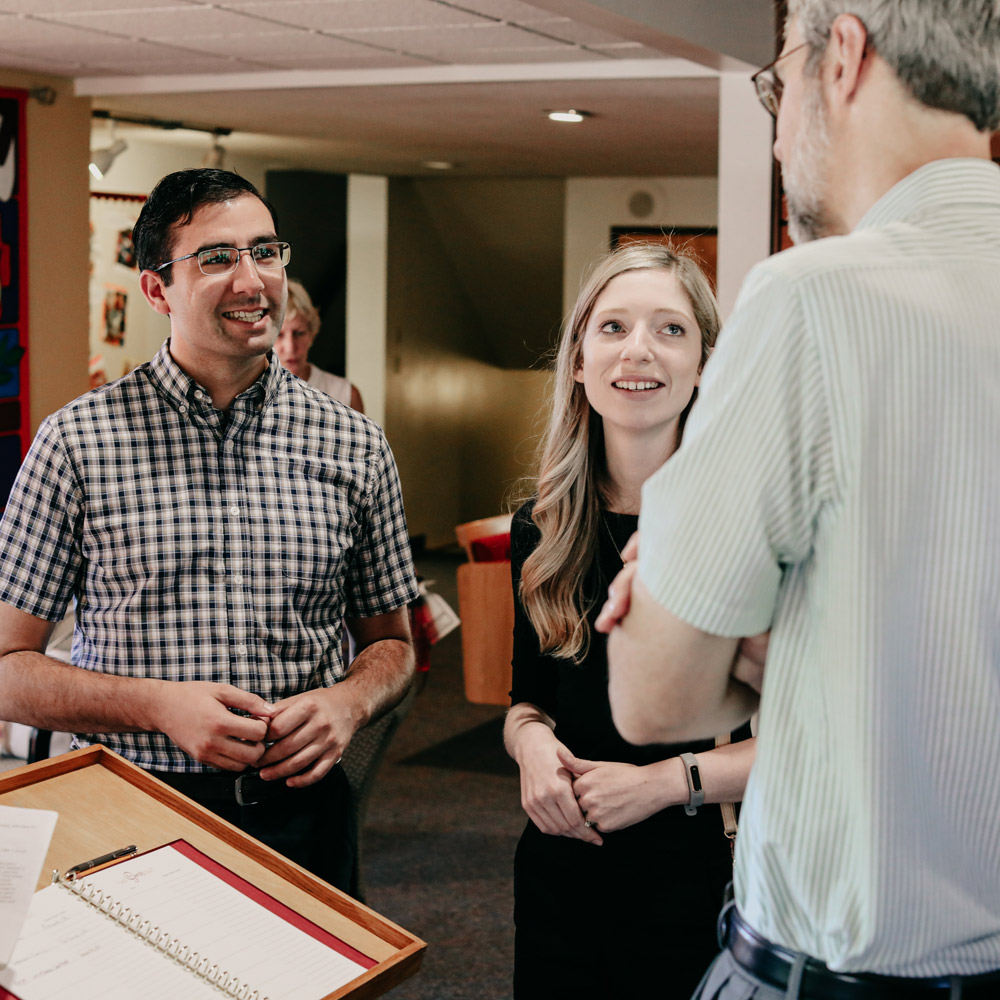
April 27, 2021 | Goodness

Martin Luther once said, “Good works do not make a good man, but a good man does good works.” Sounds about right. It is not the works in the man that make him good but the man in the works. It’s what motivates a person. It’s what calls that person to action that will ultimately determine his (or her) goodness.
Isaiah gave a dire warning in chapter five verse twenty of his book saying, “Woe to those who call evil good and good evil, who put darkness for light and light for darkness, who put bitter for sweet and sweet for bitter!” Woe in this context means trials, calamities, and troubles. In other words, stick to what is good or your life will be filled with the negative results of your actions.
So, what is good? Who determines right from wrong? There are certainly many suitors. The world would urge you to follow its advice so that you may be accepted in worldly terms. Our leaders would have you follow them because they are certain they know the way to go. The influential would have you listen to their advice so that, one day, you might be as successful as they are. They all claim to know what is ultimately good. But are they right? It depends on what (and who) motivates them.
At this point you might be expecting me to say that only those who know God can be truly good. After all, He is the Creator of all good things. But you would be wrong. I have known many unbelievers who have chosen to do incredibly good things because it was the right thing to do. They were not motivated by self-gratification or a yearning for glory. They saw a problem, and they set out to correct it.
God does not need our consent or even our belief for Him to do good things through us. God is mighty enough to motivate whomever He chooses. Even Paul was an unbeliever when God chose Him to do His work. Paul went from persecutor to Apostle. At one time he spoke against the Jesus movement, soon his passions would be motivated to promote it.
Paul was talking to Timothy about the last days in 2 Timothy 3:1-5 when he said, “But understand this, that in the last days there will come times of difficulty. For people will be lovers of self, lovers of money, proud, arrogant, abusive, disobedient to their parents, ungrateful, unholy, heartless, unappeasable, slanderous, without self-control, brutal, not loving good, treacherous, reckless, swollen with conceit, lovers of pleasure rather than lovers of God, having the appearance of godliness, but denying its power. Avoid such people.” Seems like pretty good advice.
These are the things that transform good into bad. When we are motivated by selfish desires or revenge, even those things that might look good to some can, instead, be bad at their core. Those with bad intentions will often sound good, but all the while the motivation behind them comes from evil intentions. The unfortunate part is that there will be many who listen, “For the time in coming when people will not endure sound teaching, but having itching ears they will accumulate for themselves teachers to suit their own passions” (2 Timothy 4:3).
So, what is ultimately good and how can we trust that it is good? As Christians we know to go to God’s Word to guide us. We go first to Galatians 5:22-23, “But the fruit of the Spirit is love, joy, peace, patience, kindness, goodness, faithfulness, gentleness, self-control; against such things there is no law.” There is no law because these things describe the goodness of God. These are the things that are good because God has ordained them by His Spirit. They are good because they focus on others before ourselves. They are devoid of selfishness and motivated by love. If we find ourselves not living out these attributes, then badness is easily attached to our efforts.
“Oh, taste and see that the Lord is good! Blessed is the man who takes refuge in Him!” (Psalm 34:8). To find goodness we go to the source of goodness. To be people doing good, we take refuge and guidance from the one in which there is no deceit. The Spirit of goodness works in those who are willing to practice goodness, even if they don’t understand that their motivation comes ultimately from God.
Practice goodness and mercy in all things. Emulate Christ in your life as one worthy of your affection and trust. Use Him as your example of how to put goodness into practice. “Greater love (and goodness) has no one than this, that he lay down his life for his friends” (John 15:13). Please pray with me:
Heavenly Father, thank you for being the perfect example of goodness. Help us to follow Your example and lead us to shed the lessens we have learned from false teachers who lead us with good words but bad motivations. Amen.















